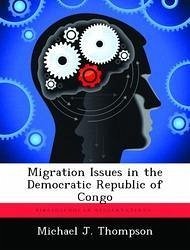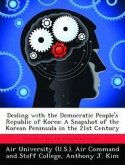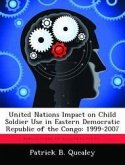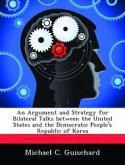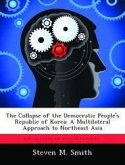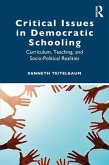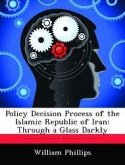Since the end of the Cold War, the number of weak and failing states has increased significantly. The United States (US) military has been deployed in multiple nation states in an effort to prevent these weak states from collapsing into chaos. This thesis explores one of the driving factors of state collapse, net migration, to gauge how US foreign policy might be employed to reduce the flow of people out of a country. To demonstrate the foreign policies and their effects, a pilot model was constructed using a system dynamics methodology. The Democratic Republic of Congo (DRC) was selected as a preliminary study for the model implementation. This thesis examines three notional policies which could be implemented in the DRC: a reduction in the armed conflict occurring in the eastern provinces of the DRC, increasing the number of primary and secondary teachers in the DRC, and increasing the number of employment opportunities in the DRC. Interactions between different factors and drivers of migration are analyzed and included in the system dynamics model. Several scenarios are tested using this model, and the results of these scenarios, as well as their implications for future policies, are detailed.
Bitte wählen Sie Ihr Anliegen aus.
Rechnungen
Retourenschein anfordern
Bestellstatus
Storno

